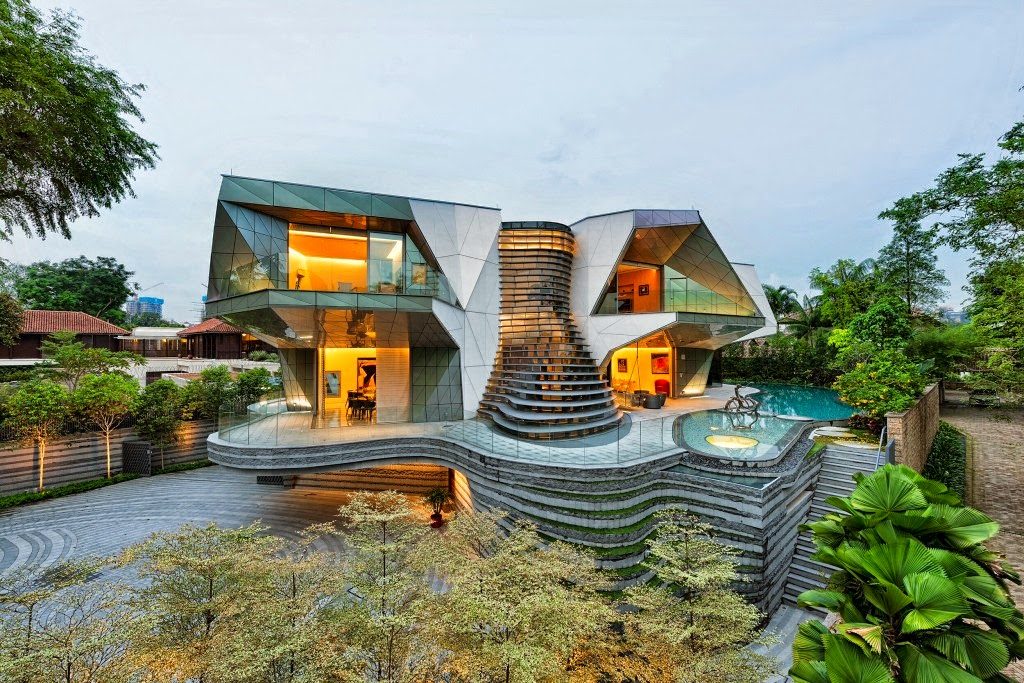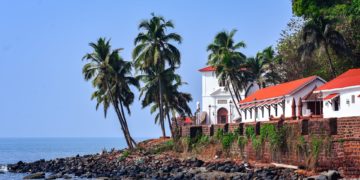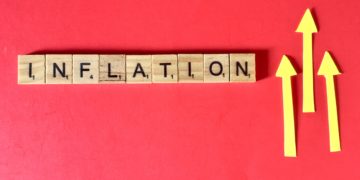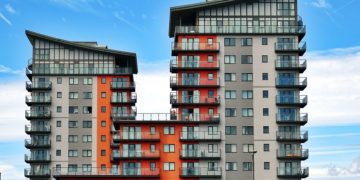
Before we go into the details of an expat buying a property in Singapore we need to take a look at the newly introduced taxes on residential property purchases. A couple of months back, to curb excessive investment by foreign buyers, the Singaporean government has announced that foreign buyers will now have to pay an extra 10% stamp duty. Even permanent residents purchasing a second home and for citizens buying their third residential property, they will now have to pay an extra 3% on the stamp duty.
However, if you are a citizen from any of the five countries namely – US, Switzerland, Norway, Iceland and Liechtenstein, the criteria for the ABSD will be similar to that of a Singapore Citizen. For more details on ABSD you can visit the Singapore government’s website by clicking here.
Broadly there are three types of property that one can buy in Singapore – Housing Development Board (HDB), condominiums and a landed property. In Singapore properties are sold either on a freehold or leasehold tenure. A freehold title enables the owner to hold the property in perpetuity, while a leasehold title confers possession upon the purchaser for the duration of the lease which can either be for 99 or 999 years.
However there are restrictions for foreigners wanting to buy certain types of properties in the country. All foreign ownership of private residential property in Singapore is governed by the Residential Property Act. A foreign national cannot acquire or purchase restricted residential property unless he obtains the prior approval of the Minister for Law. Such property includes:
- Residential land
- Landed property, like a detached house, semi-detached house, terrace house; and
- Landed property in strata developments which are not approved condominium developments under the Planning Act.
Other restricted properties in Singapore which foreign nationals are not allowed to buy are:
- A HDB Shophouse
- A HDB flat purchased directly from HDB
- A resale HDB flat where HDB has consented to the sale
- Executive Condominium bought under the Executive Condominium Housing Scheme Act, 1996
So, in a nutshell, a foreign national wanting to buy a property in Singapore can buy:
- An apartment within a building
- Any unit in an approved condominium development under the Planning Act; and
- A leasehold estate in a restricted residential property for a term not exceeding 7 years including any further term which may be granted by way of an option for renewal.
- However if a foreign national wants to buy landed properties, he can buy land or a landed property in Sentosa Island only, but not in mainland Singapore.
To buy a property in Singapore, one needs to visit the Land Dealings (Approval) Unit who administers the provisions of the Act and its rules by:
- Processing applications from foreign persons for approval to acquire or retain restricted residential property
- Issuing clearance certificates to Singapore companies, limited liability partnerships and societies
- Prosecuting offences under the Act, and
- Dealing with general enquiries relating to the operation of the Act.
BUYING A PROPERTY IN SINGAPORE – THE PROCESS:
Once you decide on buying a particular property, the first step is to get an Option to Purchase. This can be done by making a payment of one percent of the purchase price. Usually two weeks (14 days) are allowed for the buyer to decide whether to proceed with the purchase or not. Within this period, the buyer must sign and send the purchasing documents to the seller together with a cheque for a further nine percent of the purchase price. Once this is done it’s time to prepare the Option to Purchase and present it to the seller. It must clearly state the price, sales completion date and other conditions.
Now your lawyer needs to prepare a Sales and Purchase Agreement. The sale should be completed within about 10 weeks, and stamp fees should be paid so that the Certificate of Title can be issued in your name on the payment of the final balance of the purchase price. If you have taken a loan, the bank will retain the Certificate of Title and will return it to you when the loan is fully repaid. For under construction properties, payment is made upon completion of construction and issuance of the Certificate of Fitness for occupation.
To get more information & assistance, please submit the form below and our specialist will get in touch with you at the earliest.







